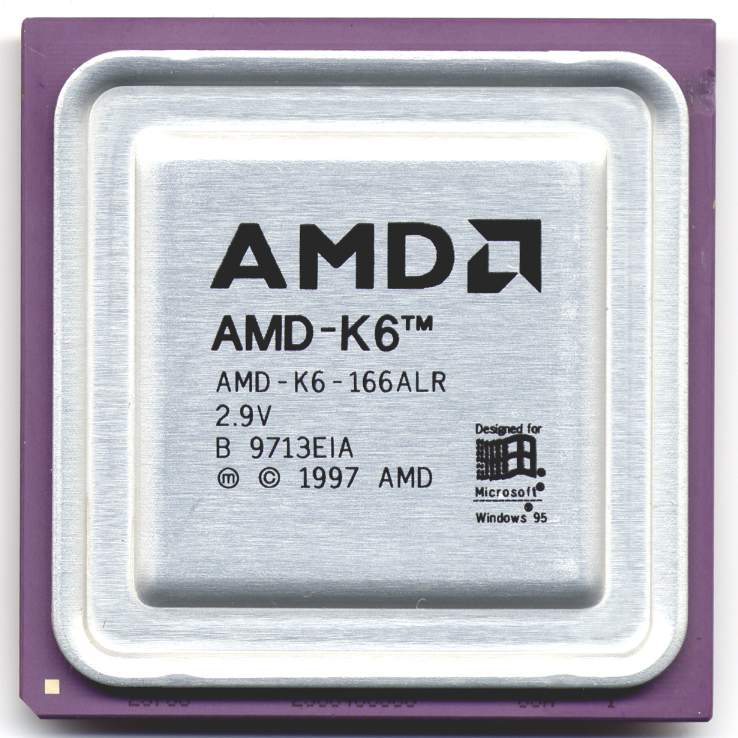Intel doesn't make you do anything. History has shown time and time again that if you stayed on that first gen Intel board, you were better or equal in performance by the time AMD moved on to their next socket. We can all agree Zen and Zen+ were not gaming threats, so if you were on Intel, where is the force to upgrade? Bulldozer the same thing. Phenom too. Intel socket changes also came with better chipset improvements, so when you did do a platform upgrade, you had new and more useful improvements waiting for you compared to AMD chipsets.
Blaming the user that is used to buying plug and play hardware for not doing compatibility research first, because AMD needs time to get back on their feet is unfair. You're assuming people that aren't techies are responsible for knowing what we know. Prebuilts are king, but it shouldn't be a challenge if you venture outside of that. And as a result that hurts AMD, not consumers as much, so not sure the benefit of blaming him. It's not the consumer that is in the midst of a major comeback after near death.
TL;DR Not everyone is a computer nerd or cares to be one when all they want is a working computer. If he returned AMD hardware and got Intel and he's happy, who's the real loser? Intel's pulling ~$80B revenue on the regular and I'm sure even they are surprised 14nm held up as well as it did against AMD for the most part.

